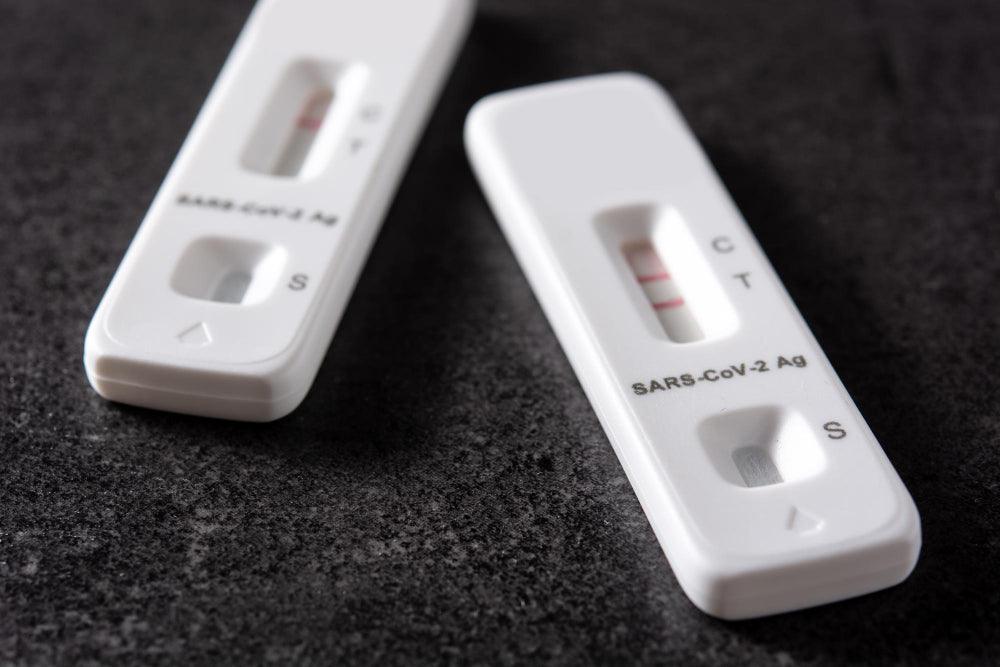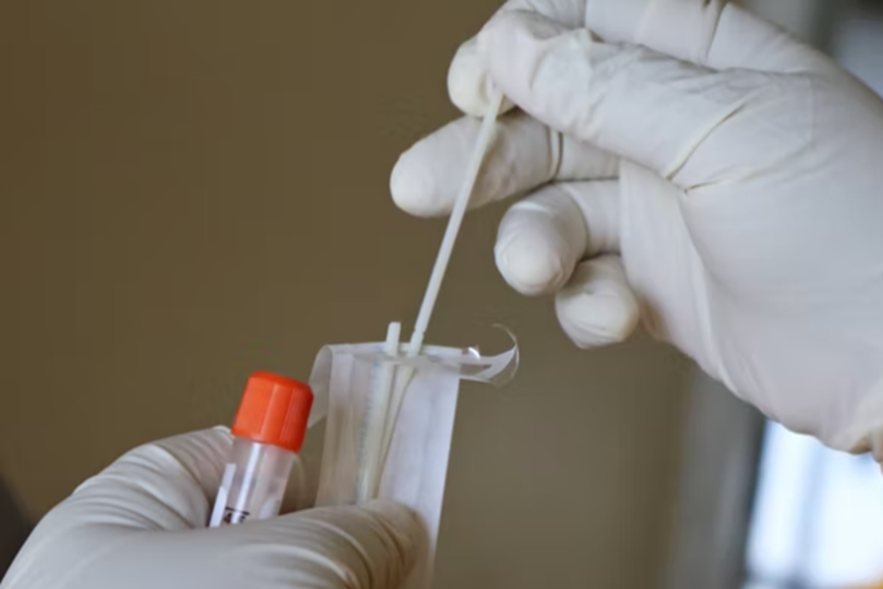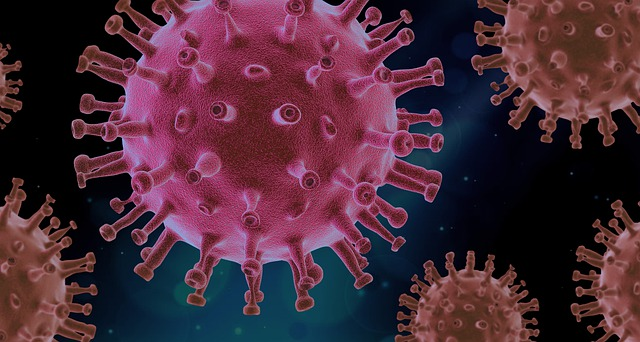What's An Antigen Test?



Antigen tests can determine whether an antigen has entered the body that causes immune responses. These reactions can include the release of antibodies due to an infection. Antibody specificity recognizes these Antigens. Antigen tests apply this principle to detect coronavirus. Many patients have been relying on antigen testing or Polymerase Chain Reaction tests (PCR tests) for COVID-19 in the past few months. The most common diagnostic tests involve taking swab samples from the nose. Rapid tests are nasal swabs only whereas PCR tests are nasal as well as throat swabs. This article examines how antigen test works and their advantages as well as risks. The second method of comparison is the PCR test with the antigen test.
The significance of antigen tests
Most individuals have only heard the phrase “antigen test” during the sars Nov 2 virus outbreak. The majority of them may be completely unaware of the fact that antigen testing is a popular diagnostic tool for a variety of respiratory diseases, such as influenza viruses and respiratory syncytial viruses (RSV). Antigen tests that can detect SARS-CoV-2 have been granted emergency use authorization (EUA) by the Food and Drug Administration (FDA) of the United States of America. However, PCR testing is still considered to be the gold standard as per international medical guidelines.

How do antigen tests work?
The antigen test detects small proteins called antigens, which are part of the virus, in a patient's blood sample to determine whether or not the virus is present. Antigens are structural components of the virus's exterior. If, for instance, SARS-CoV-2 antigens are present in a sample taken from a person's nose implying that the person has tested positive for the virus, the antigen test will signal the result by altering the colour of the sample or by fluorescing the test strip. The presence of a coloured line on the test cartridge indicates a positive result in the majority of cases when using an antigen test that can be purchased over the counter. A comparison has been made between this method of presenting a diagnostic result and the colour-changing lines that appear on a pregnancy test. These lines can indicate whether or not a woman is pregnant. Antigen tests that rely particularly on a change in fluorescence can only be carried out in laboratories that are equipped with readers that are specifically designed to monitor fluorescence.
PCR versus antigen COVID-19 test
At this stage in the pandemic, it is quite likely that either you or anyone you recognise has been given at least one COVID-19 test. But are you aware of the nature of the test that you took as well as the advantages and disadvantages of the various types of tests?
The RT - PCR tests are reliable; however, the findings can often take a very long time to come back. By then, you might probably spread the virus to those around you unaware of your test results. Antigen tests, another key form of coronavirus test, are considerably quicker than other types of tests, but their accuracy is lower. Rapid antigen tests provide fast results although they might be less accurate than laboratory-tested PCR results. The antigen tests have an increased chance of false negative results even though you might test positive with the PCR test. This is because antigen tests require a high viral load to detect proteins and PCR tests can detect the genetic material thereby, produce more accurate results.
Antigens are chemicals that stimulate an immune response in the body, specifically the production of antibodies. Antigens are responsible for this process.
Final words
Bringing the COVID-19 outbreak within control will require an awareness of the advantages and drawbacks of both PCR and antigen tests, as well as the circumstances in which each should be used. Therefore, the next moment you are given a COVID-19 test, select the option that best fits your needs.
For a full range of medications, visit our Welzo Online Pharmacy Page. For more details, click here.








Plus get the inside scoop on our latest content and updates in our monthly newsletter.